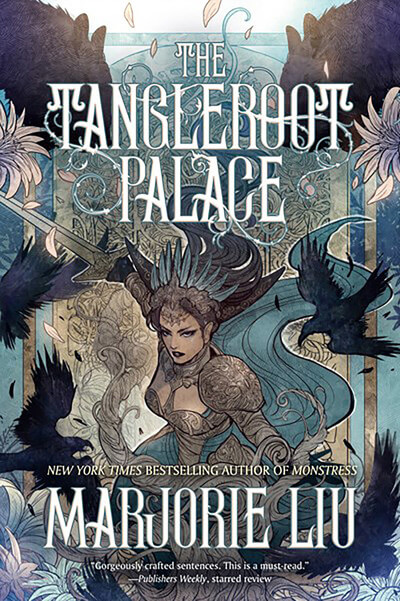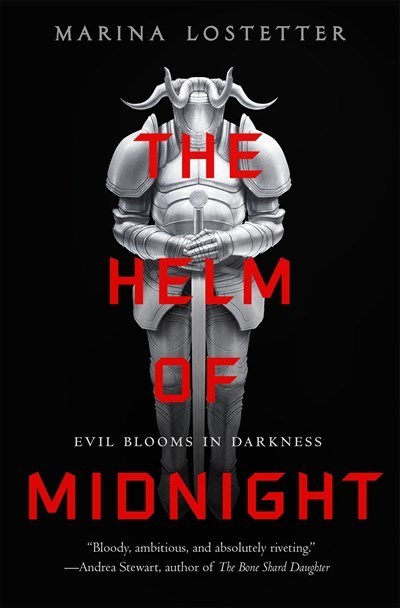Sambuciña “Buc” Alhurra, a former pickpocket and private detective who now sits on the board of the powerful Kanados Trading Company, has discovered that playing host to a piece of a sleeping god is an effective way to kick a drug habit, but it comes with some annoying side effects. Specifically, she is convinced that her best friend and star-crossed love interest, Eldritch “Eld” Nelson Rawlings, hates her now, and she is constantly arguing with said god-bit that she does not, in fact, want to be entirely possessed. Buc is especially reticent to entirely give in to her Sin, as the slivers of this particular god call themselves, because she is still committed to destroying all the gods, including Sin. And just to make things more complicated, the chair of the Kanados board is plotting to exile her, someone is trying to murder the ruler of Servenzan Empire, the gangs of the empire’s capitol city have started an all-out war and at some point, Buc will have to learn how to dance. Welcome to The Justice in Revenge.
Author Ryan Van Loan’s debut novel, The Sin in the Steel, was reminiscent of Scott Lynch’s Gentleman Bastards series, and his sophomore book hews closer than ever to that template: There are rival urban gangs being co-opted by a shadowy figure, a classic brains-and-muscle pairing in which the muscle is smarter than one would assume and even a city built on trade and canals. However, Van Loan puts his own stamp on this familiar territory, ably incorporating the romantic tension between Buc and Eld and fusing the setting with steampunk tendencies that feel necessary to the story, rather than merely tacked on for flavor. Buc’s interactions with her Sin (which is an evocative thing to name a god, or even part of one), with Eld and with the few people she dares call her friends are uniquely entertaining, and although they occasionally veer into cliché (in particular, Van Loan’s descriptions of Buc’s attempts at romance trend this way), they nevertheless remain convincing. Both Buc and Eld are well-written protagonists with complex morals and motivations. Van Loan excels at writing unexpectedly dark stories with quick, high-energy prose, propelling the reader through this fairly convoluted plot with a twisted kind of brio.
This speed contributes directly to what is, initially, The Justice in Revenge’s most infuriating aspect: Van Loan hides information from the reader by, well, just skipping things and filling them in later. Most of the time. Some gaps are never filled, so readers who want their novels to leave no questions unanswered should beware. But these spaces are never accidental, and the loose ends still dangling on the last page are clearly intended to be there. Van Loan carries off this stylistic choice with conviction, even starting the story in the middle of a plot that is not really explained for several chapters. It is a welcome reprieve from excessive exposition, as well as an incredibly effective hook. However, this lack of exposition means that The Justice in Revenge relies even more heavily on the reader’s familiarity with its predecessor than most fantasy sequels already do.
The Justice in Revenge may not be especially innovative, and it requires a lot of attention to read without getting horribly lost in Servenza’s labyrinthine subplots. But it is a lot of fun.

























